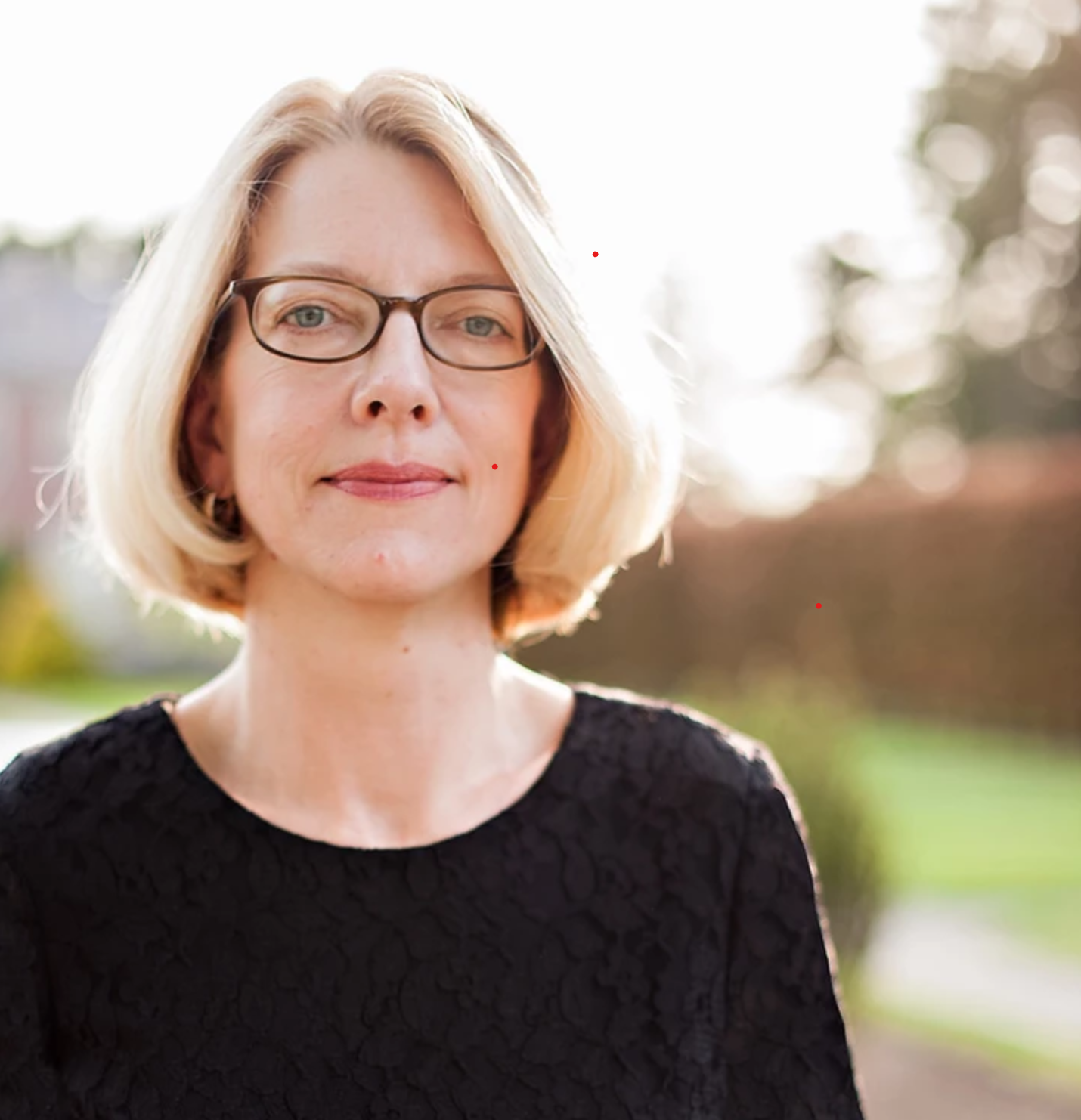Andrea Caswell's flash fiction piece, "To Rescue People," is featured in Spectrum vol. 61. Order a copy here to read it and the fabulous work of all our contributors.
Q: Your piece is flash fiction. Was it difficult to keep it short?
The length wasn’t problematic when I began the piece. It helped that I didn’t sit down and say, “I’m going to write flash fiction now,” which would have created limits and pressure from the start. Instead I tried to maintain a narrow focus. My own time was also limited. I had 36 hours to send new pages to a teacher, so the deadline didn’t allow for a longer piece.
Q: How long was your editing process for this piece as it appears?
Once the first draft was written, I edited on and off for eighteen months. That’s when the constraints of flash became more difficult. Every word had to fit well and not detract from the work. While this is true of all writing, longer forms can be more forgiving. Flash is a form of magnification.
Q: How much of your own personal experience do you incorporate in your writing? Is it helpful?
I think it’s important to recognize art and literature as abstractions rather than literal translations. Personal experience is helpful to the degree that it offers clues about how people function and survive in the world. My goal is always to write into the unknown, beyond the self, so that the writing becomes the experience.
Q: Are there obstacles you run into while writing a piece? Were there any specific to this one?
Are there obstacles I don’t run into? I think we begin with a bunch of questions and then write through uncertainty to find answers. Where to start, who is speaking, what’s this about, why does it matter, and who will care? Sometimes a piece remains mysterious and keeps secrets from the writer. When that happens, we need to trust that our subconscious mind knows more about the story than we do.
A specific difficulty with this piece was how to capture who these people were—their struggles, their heartbreaks—in a very short space. The first-person narrator helped with that. She was direct and observant and unapologetic.
Q: Do you have a special time to sit down and write?
First thing in the morning works best for me, before details of the day begin to interfere. When my attention or energy wanes, I switch to reading, to stay in the realm of language. In my fantasy-vision, I write in a hidden cave or bunker, and the outside world is kept at bay.
Q: What are you working on now?
I’m about a hundred pages into a novel draft. Several short stories are nearing completion. I’m finishing an essay that compares narrative techniques used by Alfred Hitchcock to ones we see in Shakespeare and Tolstoy.
